Mapping COVID-19 in Massachusetts Cities & Towns
/0 Comments/in Blog, Blog: Better Government, Blog: Transparency, COVID Transparency, News, rCOVID /by Michael WalkerKudos to the Baker Administration for providing transparency in a critical matter of public safety. As Pioneer Institute’s Senior Fellow in Healthcare, Barbara Anthony, urged in The Boston Globe, the Massachusetts Department of Public Health upped its game and started posting the count and rate (per 100,000) of confirmed COVID-19 Cases in Massachusetts by City/Town. They will update the numbers each Wednesday. https://www.mass.gov/info-details/covid-19-cases-quarantine-and-monitoring
Taking this data, Pioneer created different ways to view the data:
-
- Scatter charts – Showing cases by population, with and without Boston (which is the outlier).
- Rankings – Largest to smallest number of cases and rate (cases per 100K population)
- Heat Maps – Of the infection rate, by county and municipality
- Table – By municipality & county, of the total number of cases, rate of infection, and the population (for reference)
- Testing – Graphs, a table and map showing number of people tested, testing rate per 100K population, and percent of positive tests.
Note: For populations <50,000, <5 cases are reported as such or suppressed for confidentiality purposes. In our graphs and tables, for those small towns with some reported cases, we assigned them 3 cases so the maps would draw correctly.
We plan to update the maps during the crisis after DPH releases weekly data.
Get Our COVID-19 News, Tips & Resources!
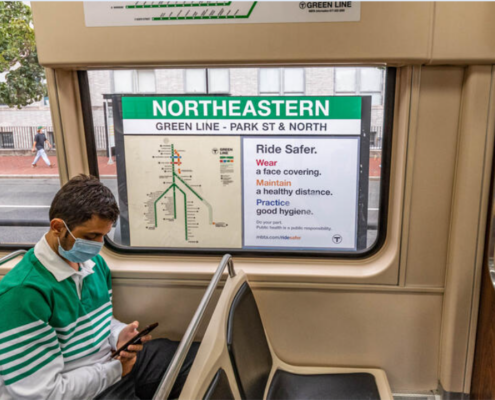
How Public Transportation’s Efficiency Changed During Covid

As COVID-19 Emergencies Ease, Some Progress on Telehealth Rules

Khan Academy’s Sal Khan & ASU Prep Digital’s Amy McGrath on the Khan World School @ ASU Prep

Pandemic Dead Reckoning: Unseen Casualties of Public Health Interventions
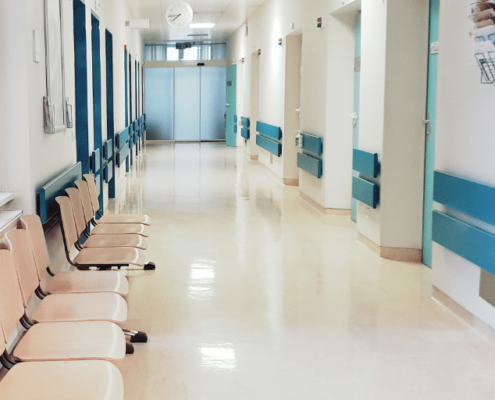
Why the jump in non-COVID deaths?
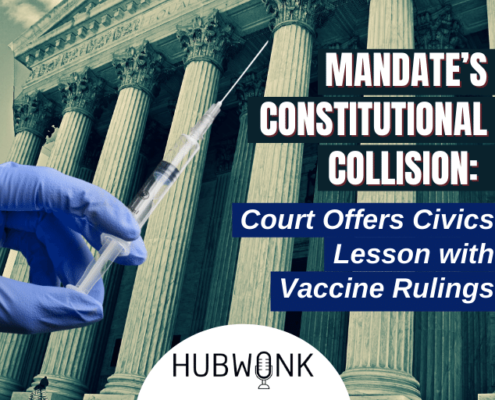
Mandate’s Constitutional Collision: Court Offers Civics Lesson with Vaccine Rulings

How did COVID impact Massachusetts’ long-term care facilities?

Massachusetts Telehealth Report Card: Are We Embracing Disruption for Better Quality of Care?
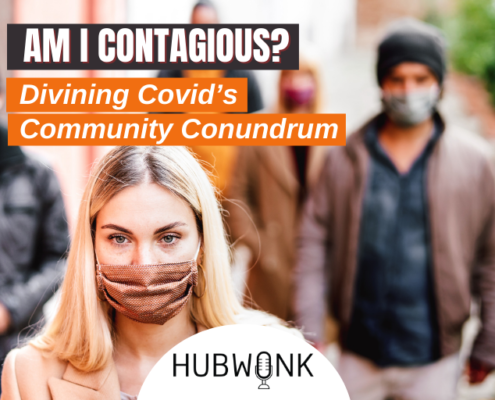
Am I Contagious? Divining Covid’s Community Conundrum

Virtual Learning Grows During COVID

COVID Tracker for Long-Term Care Facilities

Face Masks Lifted: Scientists Weigh In With Comprehensive Efficacy Studies

Urban Institute’s Dr. Matthew Chingos on the Year of School Choice & the Student Loan Debt Crisis
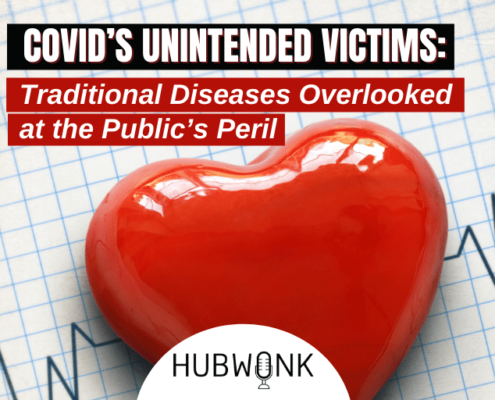
COVID’s Unintended Victims: Traditional Diseases Overlooked at the Public’s Peril
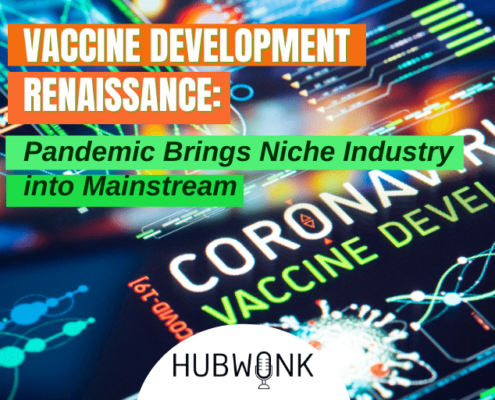
Vaccine Development Renaissance: Pandemic Brings Niche Industry into Mainstream
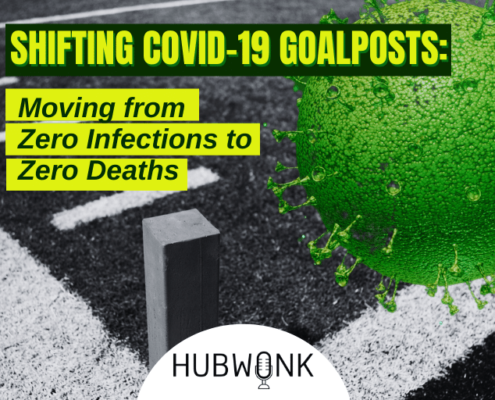
Shifting COVID-19 Goalposts: Moving from Zero Infections to Zero Deaths

Study: Decline in Cardiovascular Health Screenings During COVID-19 Pandemic Poses New Public Health Threat




